
Sciences & Technology
Mimicking nature’s own plastic
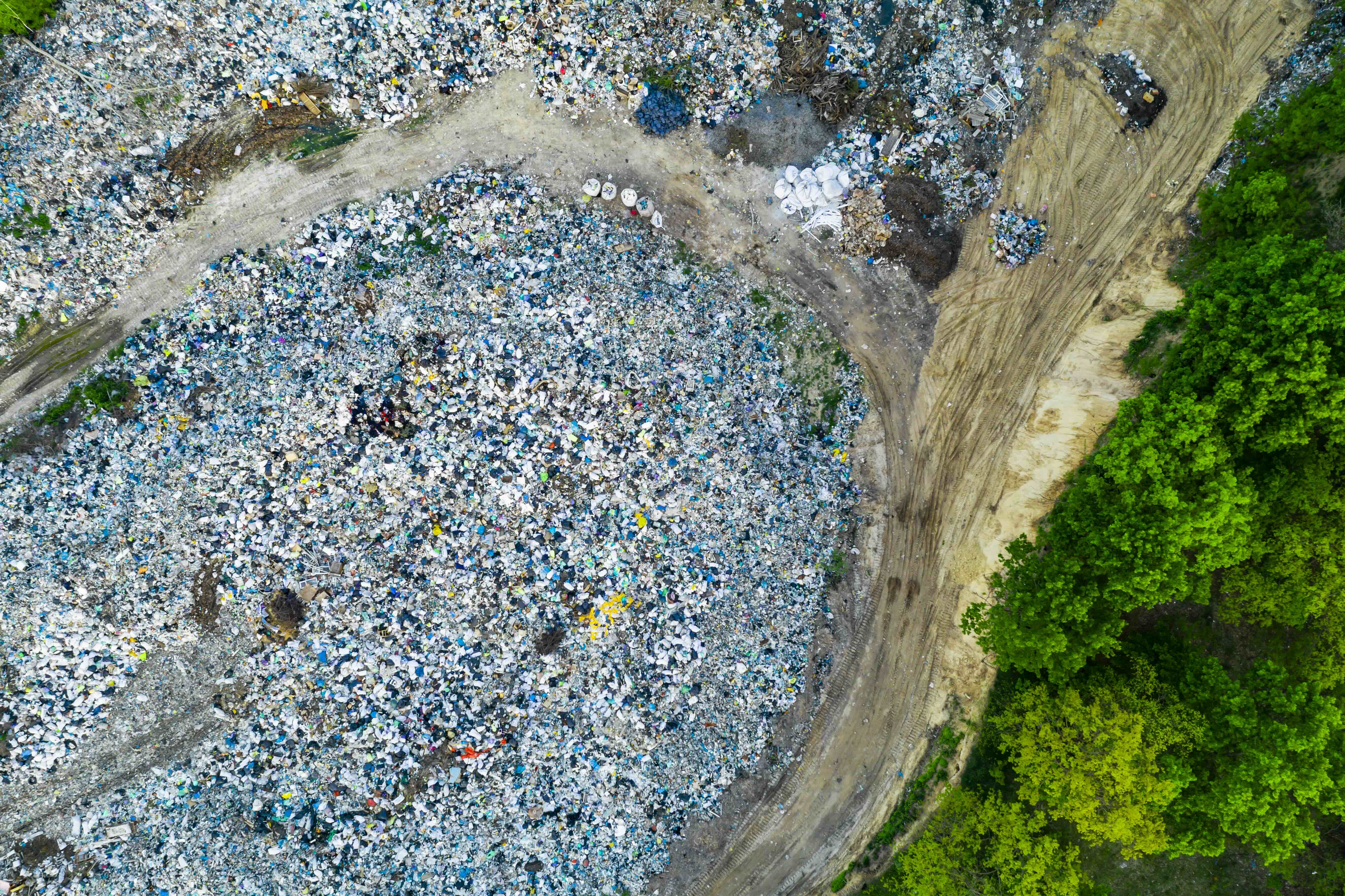
Understanding ‘tobacco tactics’ can help fight the global plastic waste crisis, because the reality is plastic production is growing faster than we can recycle it
Published 19 July 2024
Tobacco and plastic have more in common than you might think.
A recent report by the Centre for Climate Integrity (CCI) shows that the plastics industry has known for over 40 years that plastic recycling is ineffective and expensive.
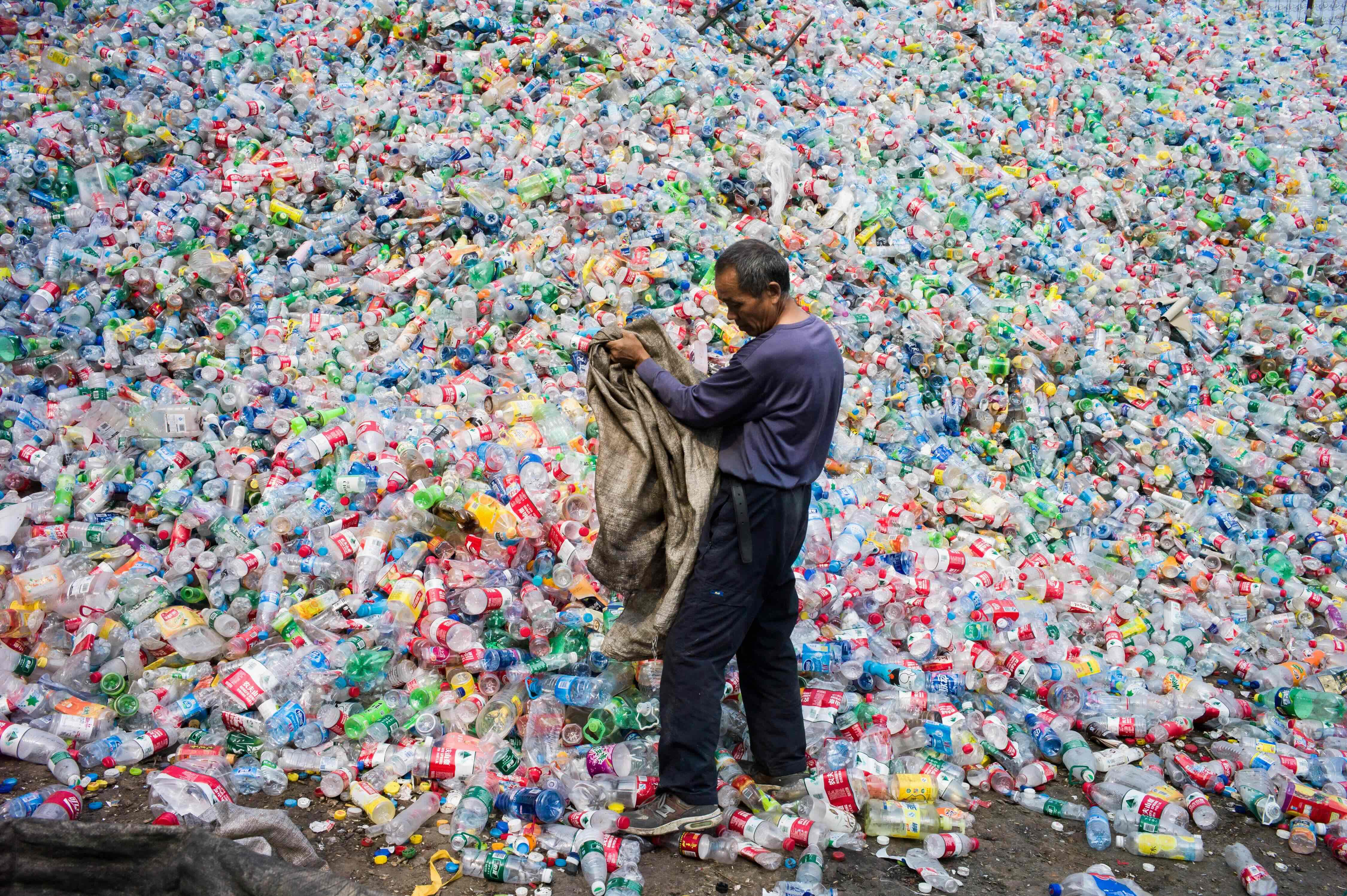
By mirroring well-researched ‘tobacco tactics’, some major petroleum companies have for decades promoted recycling as the solution to plastic pollution.
But this just distracts the public from the real issue: that the production of plastic is accelerating faster than our ability to recycle it.
Since the 1980s, the plastics industry has spent millions in advertising telling people that recycling is a sustainable solution to the plastic waste issue.
In their most recent Recycling is Real campaign, the Plastics Industry Association invested some $US1 million in advertising to thwart “anti-recycling” rhetoric.

Sciences & Technology
Mimicking nature’s own plastic
According to the Association President and CEO Matt Seaholm, this campaign is designed to inform policymakers by “making it undeniable that recycling is not only effective but is a feasible and economical way to achieve our shared sustainability goals.”
While research has shown that nearly 30 per cent of plastic produced in the European Union was successfully diverted from landfill through recycling programs, the same study found that about twice that amount (two-thirds) of plastic waste was incinerated.
In fact, of the 6,500 million tonnes (Mt) of plastic waste produced globally between 1950 and 2015, only nine per cent was successfully recycled.
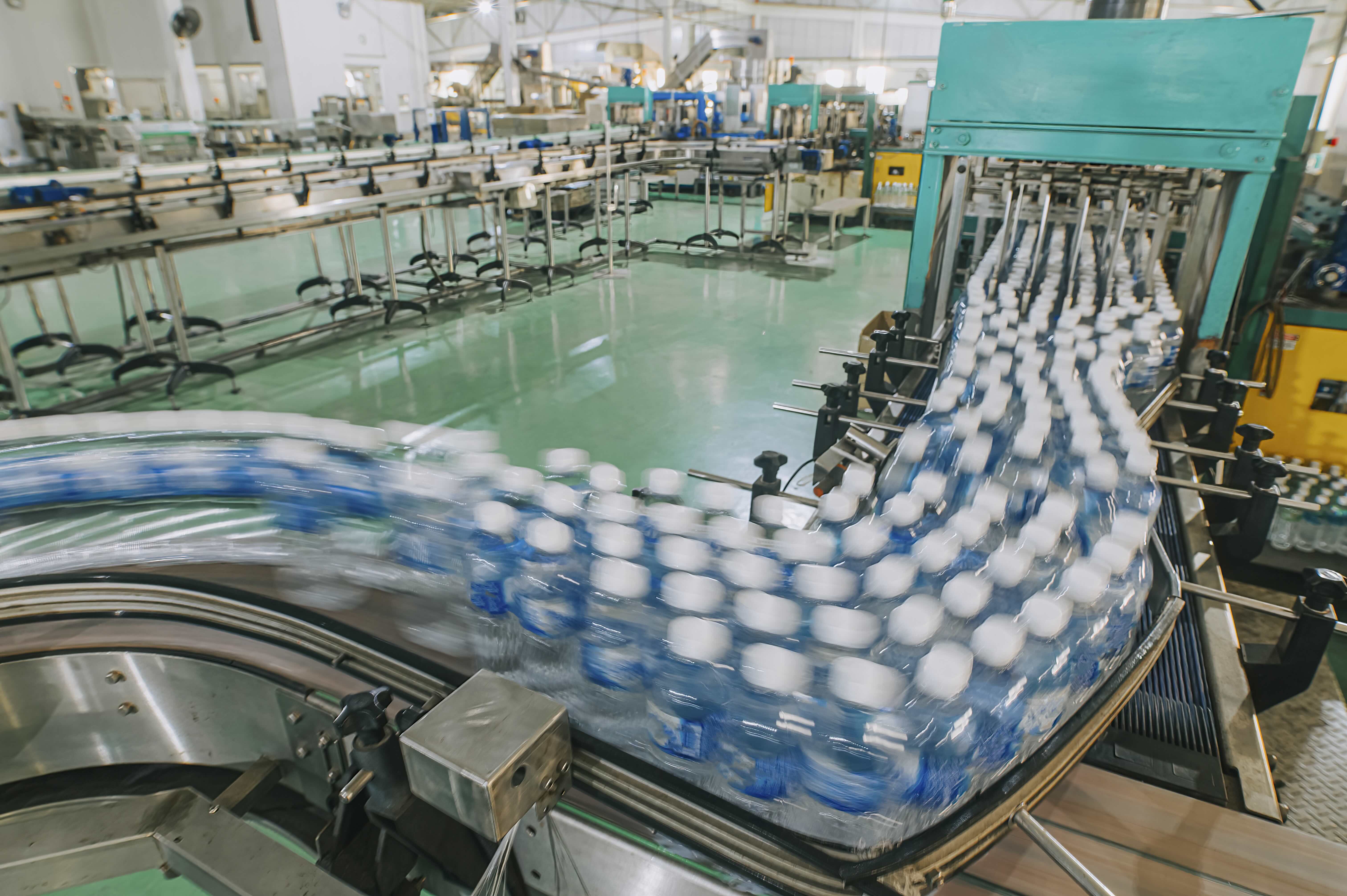
That means a staggering 91 per cent of that waste has been discarded or incinerated.
This is because not all plastic is recyclable. And the plastics industry has known this since recycling was first conceived.
An investigation led by American public broadcaster NPR uncovered industry documents from the 1970s which show that plastics industry officials knew, even then, that plastic recycling was a “costly” process with limited recovery potential, which made it an ultimately “infeasible” solution to plastic waste.
Even the former president of the Plastics Industry Association, Larry Thomas, has admitted that “if the public thinks that recycling is working, then they are not going to be as concerned about the environment.”

Environment
Facing our environmental crisis head on
There is evidence to suggest that the plastics industry has used recycling as a diversion tactic to “tame public outrage and ward off anti-plastic legislation.”
The Recycling is Real campaign, like many others before it, has faced criticism from environmental advocacy groups like Beyond Plastics and Greenpeace that it misleads the public
In short, promoting recycling as a sustainable solution distracts from the bigger problem of burgeoning plastic production.
Research estimates that 8,300 Mt of virgin (non-recycled) plastic has been produced to date.
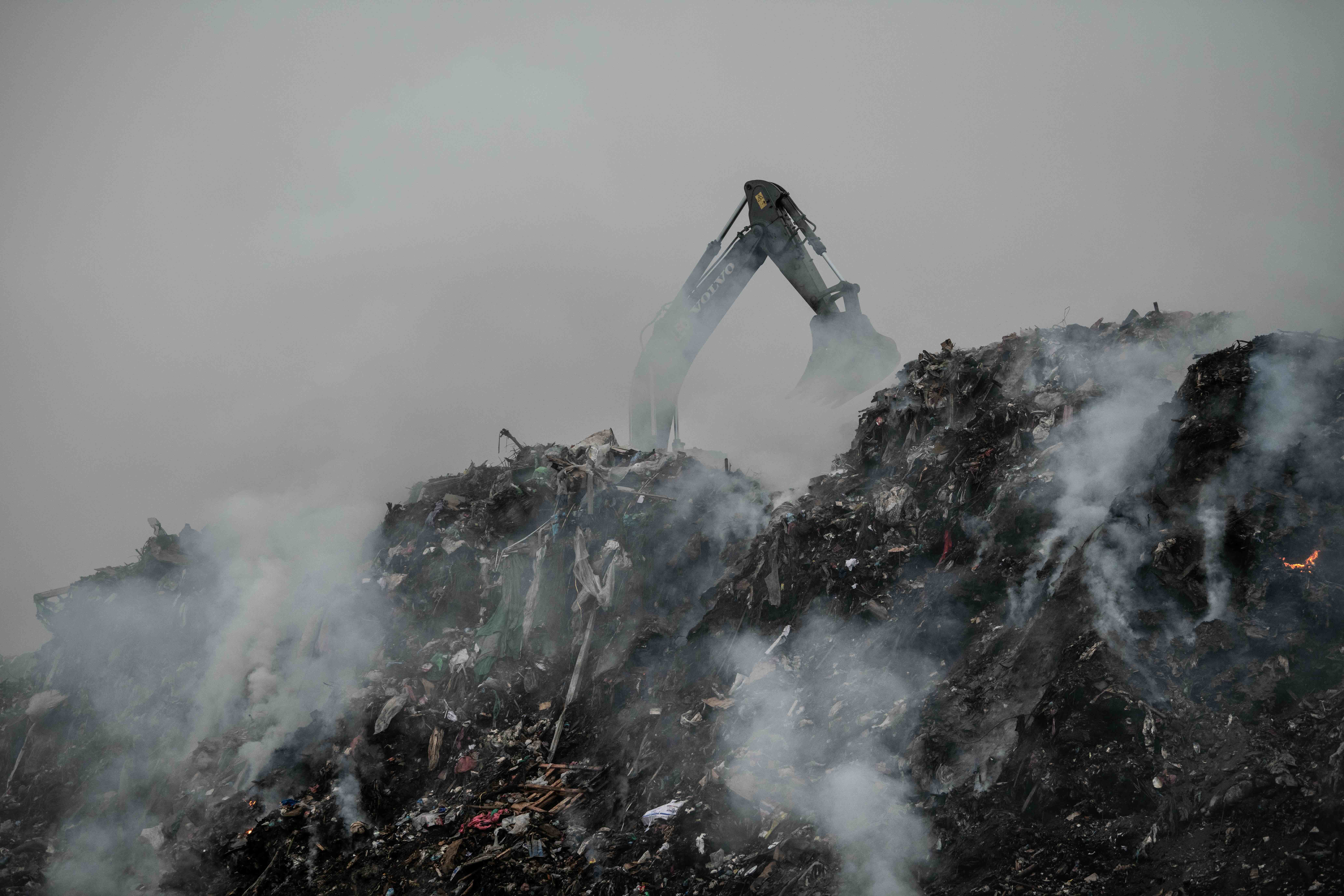
These are products we all buy – everything from plastic-wrapped food and drinks to plastic toys, clothing and toilet seats. And demand is only growing.
According to a report by the International Energy Agency, plastic has outstripped demand for any other group of bulk materials.
The largest market for plastic is packaging, which is notoriously cheap and largely almost impossible to recycle.
If these trends continue, by 2050 roughly 12,000 Mt of plastic waste will be in landfills or in our natural environment.
In real terms, this means that by 2050 there will be more plastic than fish in the sea.

Health & Medicine
Daily decisions can reduce the carbon footprint of our health sector
Unrestricted plastic production is contributing to the global waste crisis and the science indicates that recycling alone is not enough – despite what the plastics industry might lead us to believe. So, what are governments doing about it?
To tackle the global plastic waste crisis, in 2022, nearly 200 nations including Australia endorsed an historic resolution to develop a new “global and legally binding treaty to end plastic pollution.”
This treaty is due to be finalised and adopted by the end of the year, but negotiations are faltering due to the involvement of petrochemical companies.
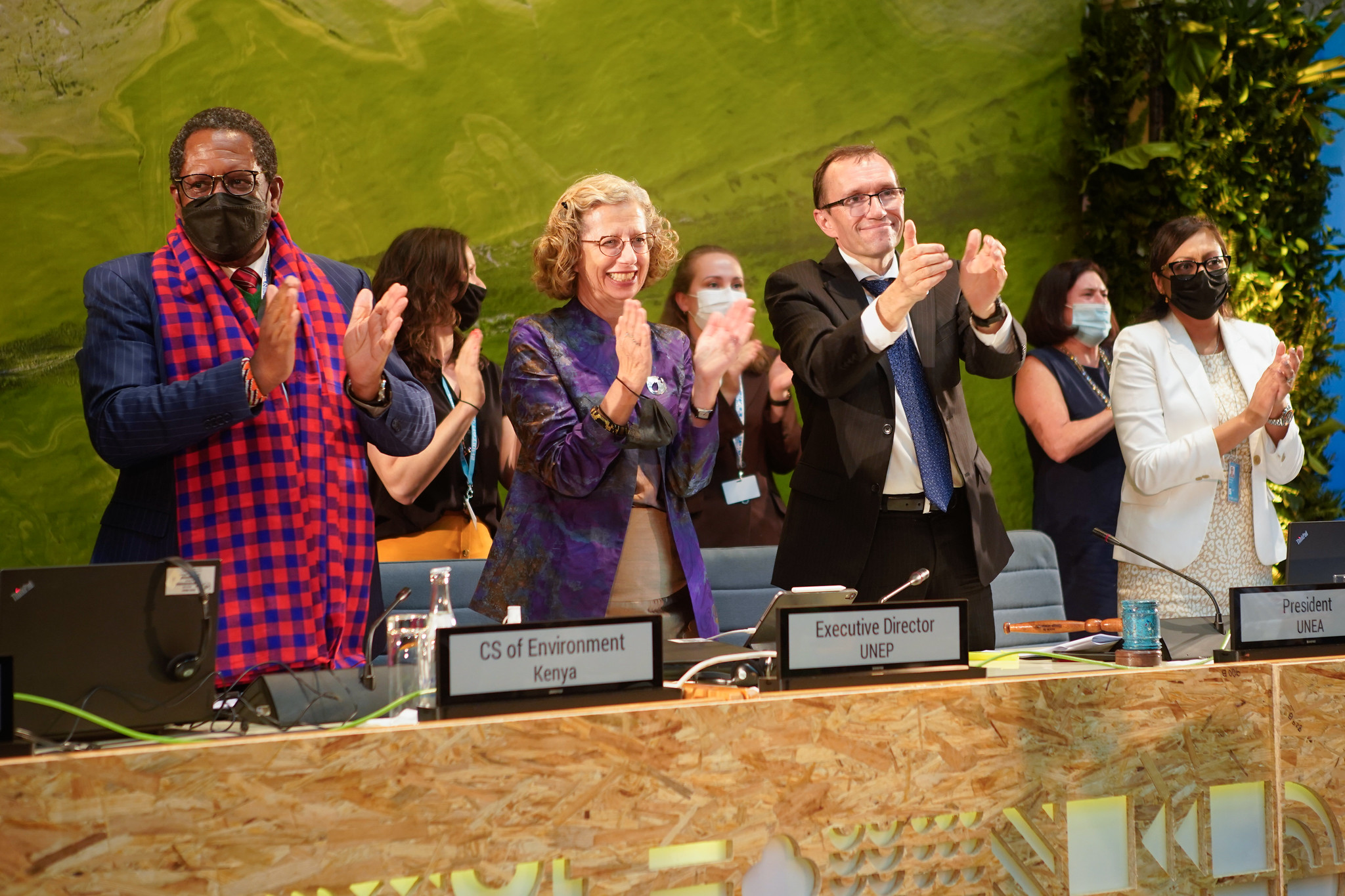
Muddying the waters during what are already complex discussions, at the 2023 plastic treaty negotiations in Nairobi, fossil fuel and chemical industries registered 143 lobbyists, which were more representatives than 70 countries combined.
Observers and critics have commented that the strong presence of these industries and their ability to lobby governments during key stages of the negotiation “continues to be a source of antagonism.”
A future without plastic pollution requires more than simply recycling.
It requires measures to reduce demand for cheap and hard-to-recycle plastic. It requires extended producer responsibility to account for the entire lifecycle of plastic and design-out waste at the production stage.

Environment
Taking steps to cut your nitrogen footprint
And it requires effective waste management and recycling solutions to reduce the environmental impacts of existing plastic waste.
To do this, we need everyone on board.
Let's go back to Big Tobacco as our example. The industry knew fairly early in the 20th century about the harmful effects of smoking, it knew nicotine was addictive and it was caught out.
In the US in 1998, to avoid lawsuits resulting from tobacco-related health care costs, Big Tobacco agreed it would pay annual amounts in perpetuity – with a minimum of $US206 billion in the first twenty-five years.
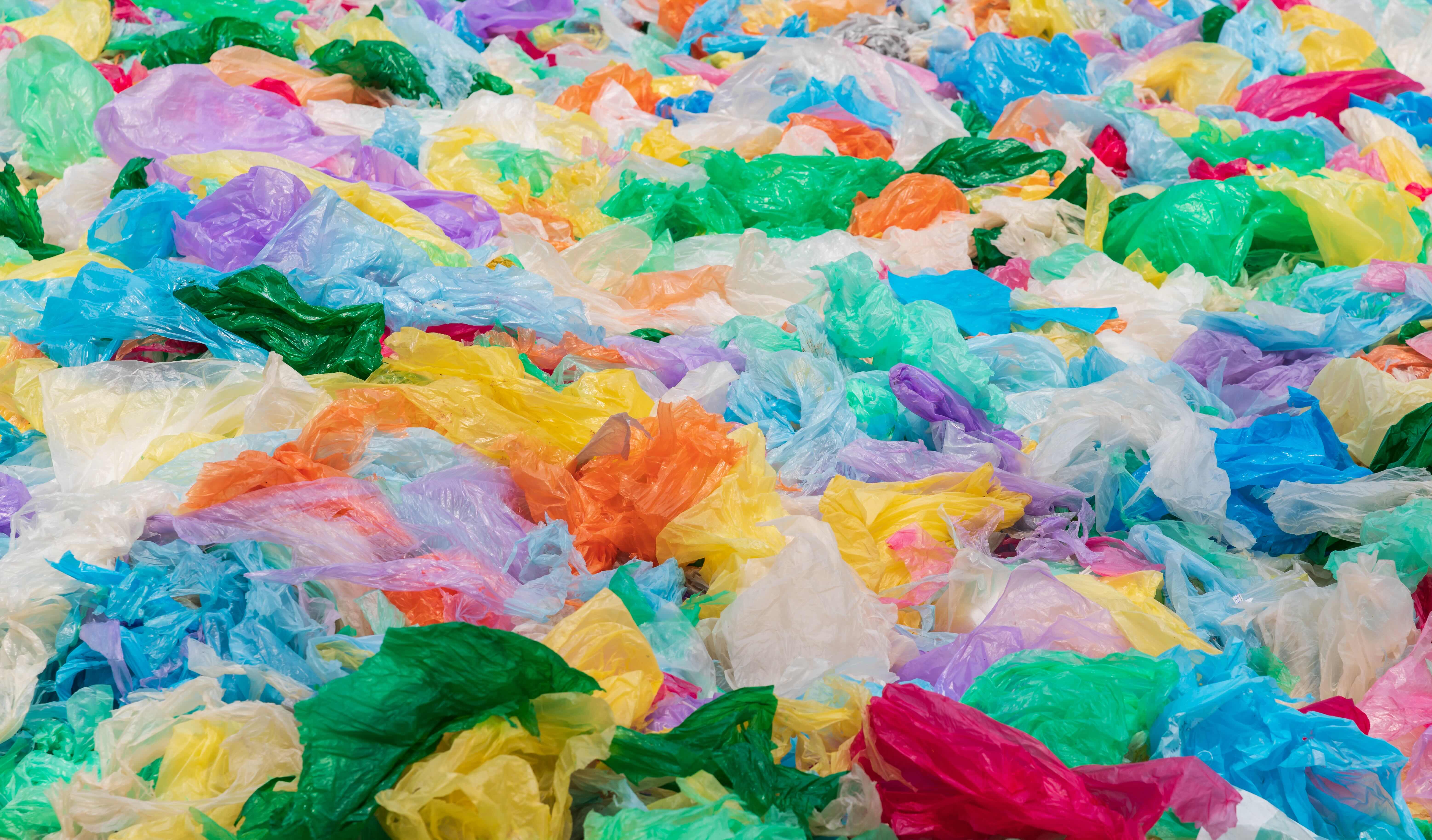
In the same way, the cheap plastics industry has been caught out.
We need governments to agree on and provide support for the way forward; we need the plastics industry to significantly reduce cheap plastic production; and we all need to reduce plastic consumption.
We’re in the middle of a global plastic waste crisis and recycling alone won’t solve it – despite what the advertisements might say.
Just as Big Tobacco was forced to do, it’s time for the plastics industry to take responsibility for their role in plastic pollution and become a part of the real solution.